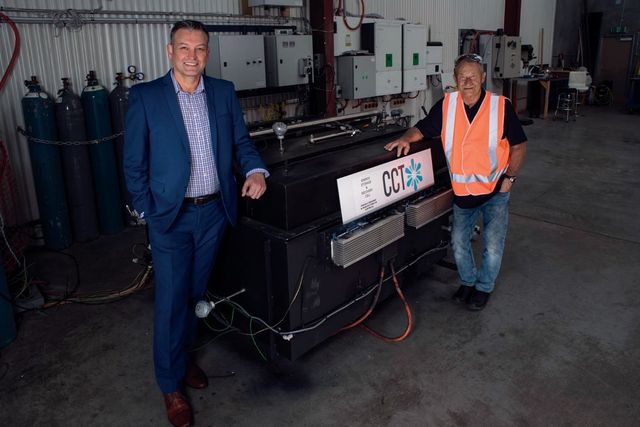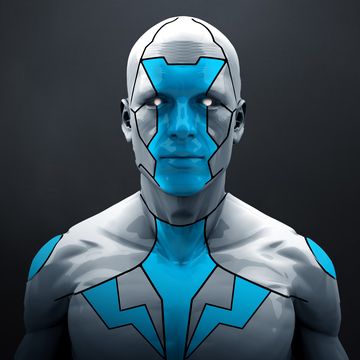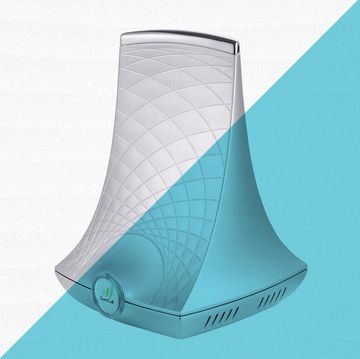A company called CCT Energy Storage just put Lonsdale, South Australia firmly on the map. In late March, the start-up unveiled the very first high-density thermal battery, which out-performs its lithium-ion and lead-acid counterparts many times over. Called a Thermal Energy Device (TED), the modular unit stores electricity as latent heat, which can be converted back into energy on demand.
A standard TED unit can store 1.2 megawatt-hours of power and has a life expectancy of at least 20 years. “After 3,000 cycles of service on the test bench,” CCT’s CEO Serge Bondarenko says it shows no signs of degradation (compared to a lithium-ion battery, which drops 20 percent of its capacity after about 5,000 cycles). “In fact,” Bondarenko adds, “it appears silicon even gets better at storing heat after each cycle.”
TEDs accept any kind of electricity you throw at them—solar, wind, hydro, fossil-fuel, grid-fed—converting and storing that energy at more than 12 times the density of a lead-acid battery and six times the density of lithium-ion. They can charge and discharge concurrently, saving time and wasted energy. Compact and durable, the devices require very little maintenance and are 100 percent recyclable. And perhaps most surprising, they’re cheap: about three-quarters of the cost of an equivalent lithium-ion setup.
CCT—which stands for Climate Change Technologies—designed the units to be easily scalable and just as appropriate for small 5kW applications as they are for entire remote communities, business districts, telecommunications networks, and transport systems requiring “hundreds of megawatts of instantaneous power.” This speaks to the company’s vision of a safe, sustainable energy source that can be used anywhere in the world regardless of urbanization, economics, or infrastructure.
CCT’s Thermal Energy Devices have huge implications for the renewable energy industry. Intermittent sources such as solar and wind depend on versatile, long-lasting storage solutions to bank extra power generated during peak production times. TEDs have the potential to make renewable energy a round-the-clock alternative energy source for any locale.
Through a manufacturing agreement with MIBA Group, the new tech will begin production for European and Australian markets this spring. By 2020, production is expected to increase exponentially in quantity and scale as negotiations with other countries get underway.
Suddenly, the idea of a clean energy future feels a little less remote, thanks to a Down Under start-up with a go-for-broke vision to provide “affordable power to those who need it most.” The global energy market will never be the same.
Jill Kiedaisch is a regular contributor for Popular Mechanics and has been published in various conservation anthologies, magazines, and books. Author of a children’s fantasy adventure trilogy, she lives with her family in Vermont where it still snows enough to break a sweat while shoveling.













